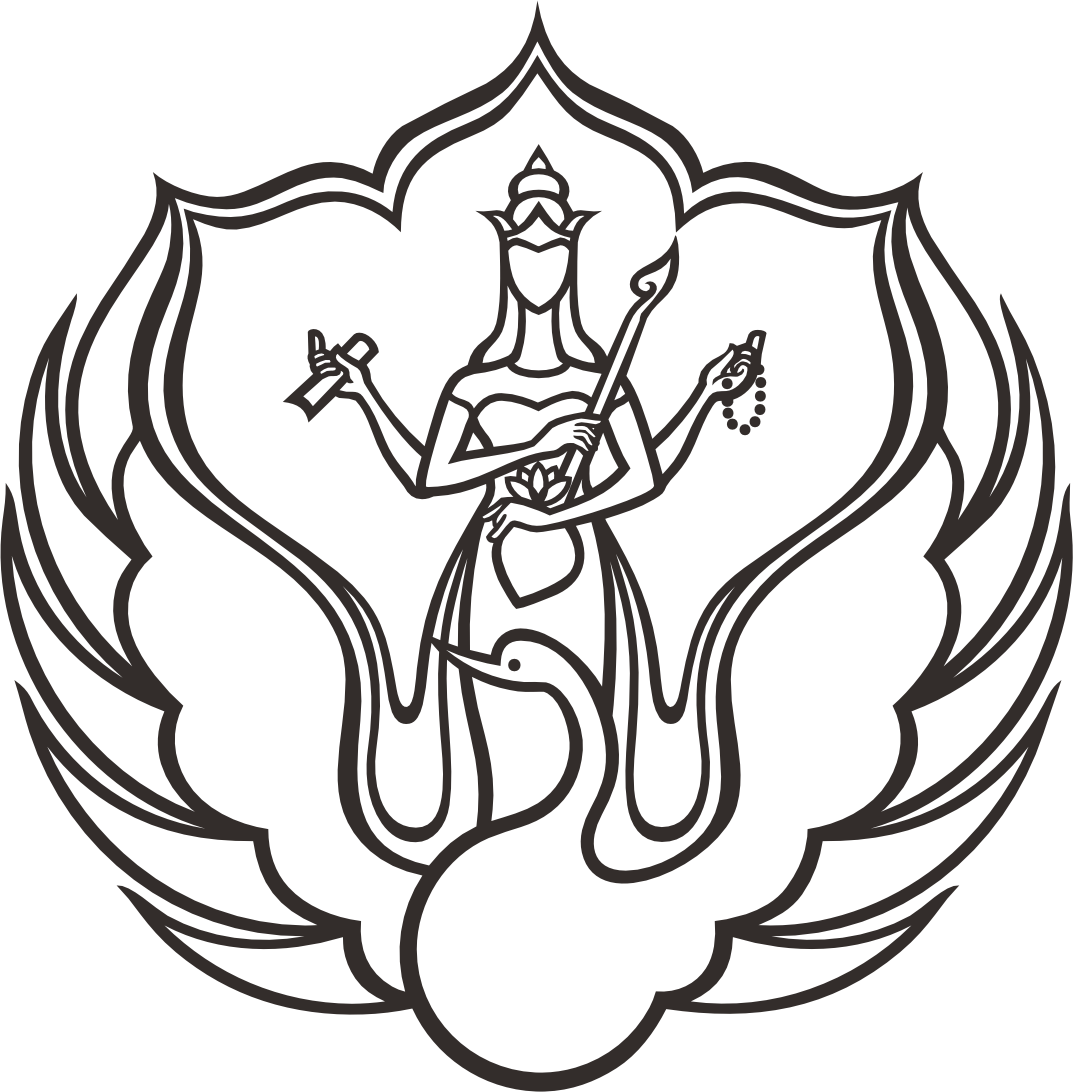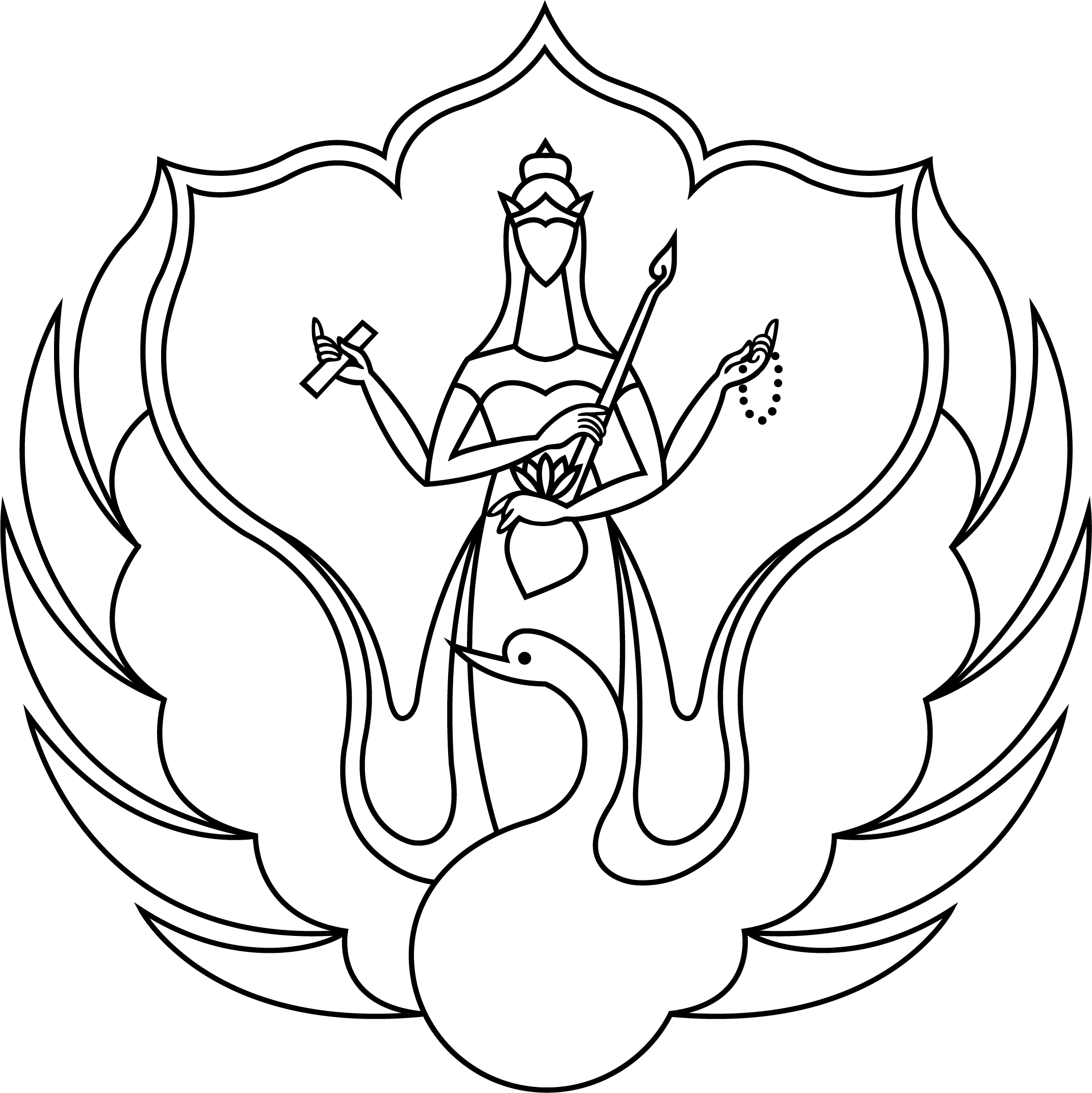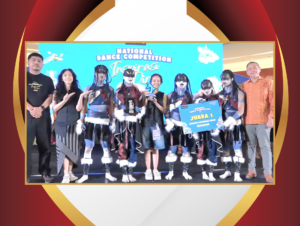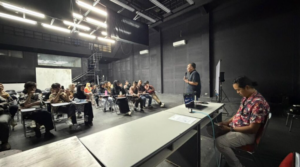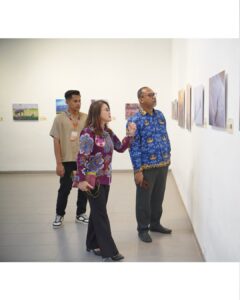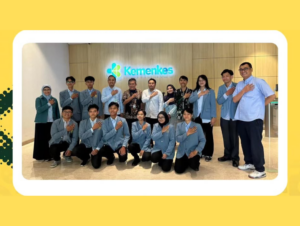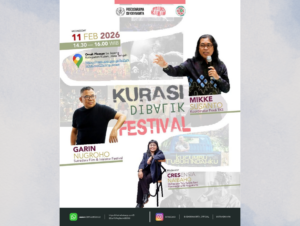As part of the implementation of the Independent Campus Learning Program (MBKM), the Department / Study Program of S-1 Art Management FSRD ISI Yogyakarta continues to provide opportunities for students to respond to community needs in accordance with the courses they take. One of them is in the Museology course.
This course aims to find out various things and the ins and outs of museums. In addition, it also aims to stimulate students to recognize the world of museums directly and face the problems that exist in it.
Of the many student work groups in the Museology class, there is a group that helps the Pleret Museum of Antiquities or what is called Pleret Museum Bantul, Yogyakarta. The museum, which occupies the former Islamic Mataram Palace during the reign of King Amangkurat I, is currently managed directly by the Yogyakarta Culture Office (Kundha Kebudayan).
They helped conduct an inventory as well as create a model for socializing museum collection materials in digital form. The result was extraordinary. A "Digital Educational Catalog" book containing material data from prehistoric times to more recent times in a popular style and time in e-catalogue format. "It is also hoped that this kind of catalog will be a spark for museum studies in Indonesia," said Dian Laksmi Pratiwi, Head of the DIY Culture Office in her speech.
With this digital educational catalog book, museum users can easily access information in the museum, even only through personal devices. Museums can also socialize efficiently and effectively in preserving their assets to all museum audiences.
At least through this book, the importance and historical value of each item of material continues to travel from one person to another, without reducing the quality and physical existence of the collection. This is a powerful implementation of the MBKM Program initiated by the Ministry of Education and Culture-Research and Technology of the Republic of Indonesia. "This form of public independence is expected to be able to trigger the spirit of the younger generation to love, participate in managing, and preserve the existence of the museum and its entire collection," said Dr. Mikke Susanto, M.A.
 |
 |
 |
 |
 |
|
